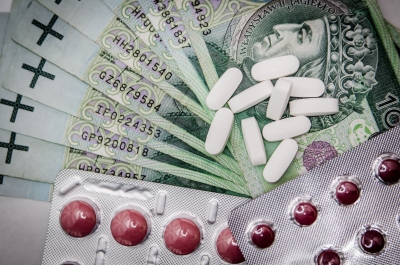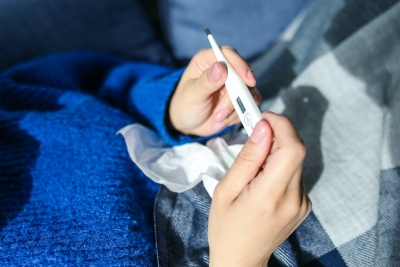Is it possible to treat a hangover?
Is it possible to treat a hangover?
Scientists develop gel that can intercept alcohol and prevent hangovers.
A hangover is a combination of mental and physical symptoms that can be experienced after an episode of alcohol consumption, beginning when the blood alcohol concentration (BAC) approaches zero. The cause of these symptoms is primarily attributed to acetaldehyde, the main product of alcohol metabolism (1).
Existing therapies, mainly based on endogenous enzymes, offer only temporary relief from hangover symptoms such as nausea and headaches, but fail to address other issues like drowsiness and exhaustion (2). Nanocomplexes with various liver enzymes have emerged as an effective approach to accelerate alcohol metabolism in the human body (3). However, a major challenge is that commercially available enzymes are not sufficiently active, leading to the accumulation of a more dangerous byproduct, acetaldehyde, which can cause organ damage. Moreover, natural enzymes have significant drawbacks such as high cost, low physicochemical stability, and storage difficulties, which have so far hindered the practical use of these complexes for alcohol detoxification (4).
A recent study evaluated a biomimetic nanoenzyme substance designed to alleviate the harmful effects of alcohol when administered orally. This nanoenzyme demonstrates an ability to catalyze the oxidation of alcohol into acetic acid, rather than the more toxic acetaldehyde. When administered to alcohol-intoxicated mice, the gelatinous nanoenzyme significantly reduced blood alcohol levels without causing additional acetaldehyde accumulation. The hydrogel also showed a protective effect on the liver and reduced intestinal damage and dysbiosis (imbalance in the composition of intestinal microbiota) associated with chronic alcohol consumption.
This study offers promising opportunities for the development of effective, targeted antidotes for alcohol, with potential benefits for liver protection and gastrointestinal health, which could be favorable for hangover prevention. However, further research is needed to confirm these findings in humans and to develop new therapies that can be used practically and affordably. Continued investigations in this area are crucial to advance understanding and treatment of the adverse effects of alcohol consumption, providing better solutions for public health.
References:
- Verster JC, van Rossum CJI, Scholey A. Unknown safety and efficacy of alcohol hangover treatments puts consumers at risk. Addict Behav. 2021 Nov;122:107029. doi: 10.1016/j.addbeh.2021.107029. Epub 2021 Jun 27. PMID: 34225031.
- Xie, L. et al. The protective effects and mechanisms of modified Lvdou Gancao decoction on acute alcohol intoxication in mice. J. Ethnopharmacol. 282, 114593 (2022).
- Liu, Y. et al. Biomimetic enzyme nanocomplexes and their use as antidotes and preventive measures for alcohol intoxication. Nat. Nanotechnol. 8, 187–192 (2013).






